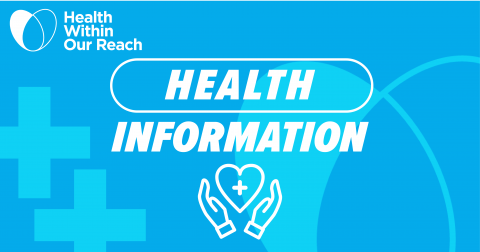Julio 17, 2024
Breaks and the Ability to go the Bathroom in the Workplace: Protect Your Right!

In most jobs in the United States, workers generally have at least one short break, one longer break to eat, and access to public restrooms whenever necessary. This can appear as a guarantee for many, however, for others, this is a luxury. Many people working in manual labor in the United States — especially migrants with temporary visas — are habitually denied sufficient breaks and access to bathrooms during their workday, putting them at major risk for both short- and long-term health issues.
This problem stems from the lack of regulations regarding breaks in the workplace. WIth respect to bathroom access, workers should have constant access to clean restrooms. However, many businesses get away with not allowing workers to use the bathroom by threatening their jobs or their migratory status.
According to an article by the Center for Disease Control (CDC), workers claim they are denied access to restrooms for various reasons: insufficient break times, faraway bathrooms, unsanitary bathroom conditions, or fear of assault or general safety. While this can occur in any workplace, the problem appears to predominantly affect teachers, bus and taxi drivers, nurses, agricultural workers, and, most severely, migrant workers in protein processing.
In the protein processing industry, workers avoid drinking water, use diapers while working, and even wet themselves during the day to avoid criticism from their supervisors. This results in dangerous conditions for the workers who run the risk of urinary tract infections and bladder, intestine, and kidney issues. Moreover, it results in rushed work that can make workers more prone to injuries. However, even outside of the protein processing industry, the insufficient number of bathrooms and the ability to use them represents a threat for all workers, especially those with pre-existing and/or chronic health issues.
Related to the lack of public bathrooms is the lack of breaks to even use the restroom, eat, or take a needed rest after long periods of intense work. Although many states have their own regulations, the United States Government does not have a federal law that requires the employers to give their employees breaks during the day: the decision depends on state governments. Most states require a break to eat and some require short, paid breaks. Under federal law, it is not required to provide employees with breaks, but if employers do and the break is less than 20 minutes, they have to be paid.
Without a clear mandate, many employers neglect to give breaks during the day in order to avoid paying their employees for time spent not working. This becomes especially dangerous for migrant workers who do physically-demanding jobs in the United States. Without this basic federal protection, the states with less regulations for workers can avoid giving them breaks and can cause great harm.
The ability to take a break to rest, use the bathrooms, or eat is essential in the preservation of the health and well-being of workers, and it should be protected.
If you are being denied this basic treatment, contact the state department or OSHA. You can also contact CDM if you feel you are being mistreated at work. All workers, no matter their immigration status, should have access to sanitary and close bathrooms, as well as sufficient breaks throughout the day to keep themselves healthy and safe.
OSHA: Complaint form online or by phone at 1-800-321-6742
From Mexico: 800 590 1773
From the United States: 1 855 234 9699
